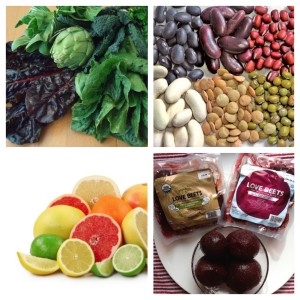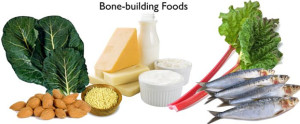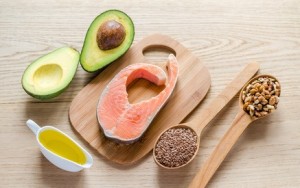Being pregnant is heard enough, being pregnant with Celiac Disease ups the ante quite a bit. If you are trying to get pregnant and are having fertility issues, CD might be the cause. There is one very important factor that must be adhered to according to Dr. Amy Burkhart in her article for Celiac Central, “the MOST important thing you can do is maintain a gluten free diet. This will keep you and your intestines healthy and will provide all the nutrition and calories you and your baby need.”
Undiagnosed Celiac Disease or cheating on your diet along the way may cause anemia, birth defects caused by vitamin deficiencies, miscarriages or stillborn, premature birth or low birth weight. So even though those cravings might whisper in your ear that it will be ok, your intestines are screaming the opposite.
What you eat directly affects your unborn baby, as you are their sole nutrition support. What you put in your body will either give them direct nutrition or take it away. There are thousands of new chemical compounds in our food, in the air, in the products we buy and the water we drink; scientists are only beginning to understand all the possible complications they may cause both you and your baby. Not to mention, most of the food sold today is filled with more junk than real food, 3/4 of the food sold in grocery stores comes from packaged and processed sources.
The main nutrients a woman’s body needs during pregnancy are:
- Folic Acid or Folate
- Calcium
- Iron
- Omega 3 Fatty Acids
Folic Acid
Folic acid or Folate is part of the B vitamin family and helps to develop red blood cells that carry oxygen throughout the body. Folic acid is the man-made version and folate is the natural version found in foods. Not enough folic acid in a pregnant woman’s diet may cause deformities in the baby’s brain and spine, in which both do not form completely and considerably lessens the chance of a baby being born within the autistic spectrum. In mothers, proper intake of folate may help prevent heart attack, cancer or stroke. Generally speaking, if you are taking prenatal vitamins you are probably getting your daily supply, but adding folate sourced from an array of natural healthy foods allows for a more complete nutritional benefit.
Foods Containing Folate:
Leafy greens (spinach & romaine)
Beets
Lentils & Beans
Asparagus & Broccoli
Citrus

Calcium
95% of the body’s calcium is found in the bones, the other 5% is found in the blood. When a soon to be mother does not get enough calcium through her diet, the body will pull the supply needed for baby from any source it can, like inside the bones; this can lead to osteoporosis down the line. Calcium is crucial for the proper development of baby and the intake during pregnancy is highly recommended.
Calcium Enriched Foods:
DairyLeafy Greens
Almonds & Walnuts
Chia Seeds
Sweet Potato

Iron
Iron is the protein inside the red blood cells to help carry oxygen through the body. When a woman is pregnant, iron deficiency can become a huge issue because the blood levels in her body keep increasing until she has almost 50% more than what she started with. Iron intake must also increase to keep up with the supply and demanded needed by the baby.
Enriched Iron Foods:
Quinoa, Sorghum, Buckwheat
Eggs
Walnuts
Spinach & Sweet Potatoes
Red Meat
*check out this list of iron rich foods from Red Cross
Omega 3 Fatty Acids
Omega 3’s are not naturally made by the body and depleted easily, especially in later terms, so making sure that you are getting enough from your food is crucial. The brain uses omega 3’s to function properly for both baby and mother, as well as helping to shut inflammation down. It also impacts a baby’s growing nervous system, vision and overall development.
Omega 3 Enriched Foods:
Avocado
Walnuts
Salmon & Shrimp
Organic Tofu

Maintaining a gluten free diet during pregnancy is crucial to both you and to the healthy development and birth of your baby. It is also important to make sure your body is getting the complete nourishment it needs. Ask your doctor about periodic vitamin and mineral tests throughout the pregnancy to make sure nutrients are not being depleted faster than they are being ingested.
















